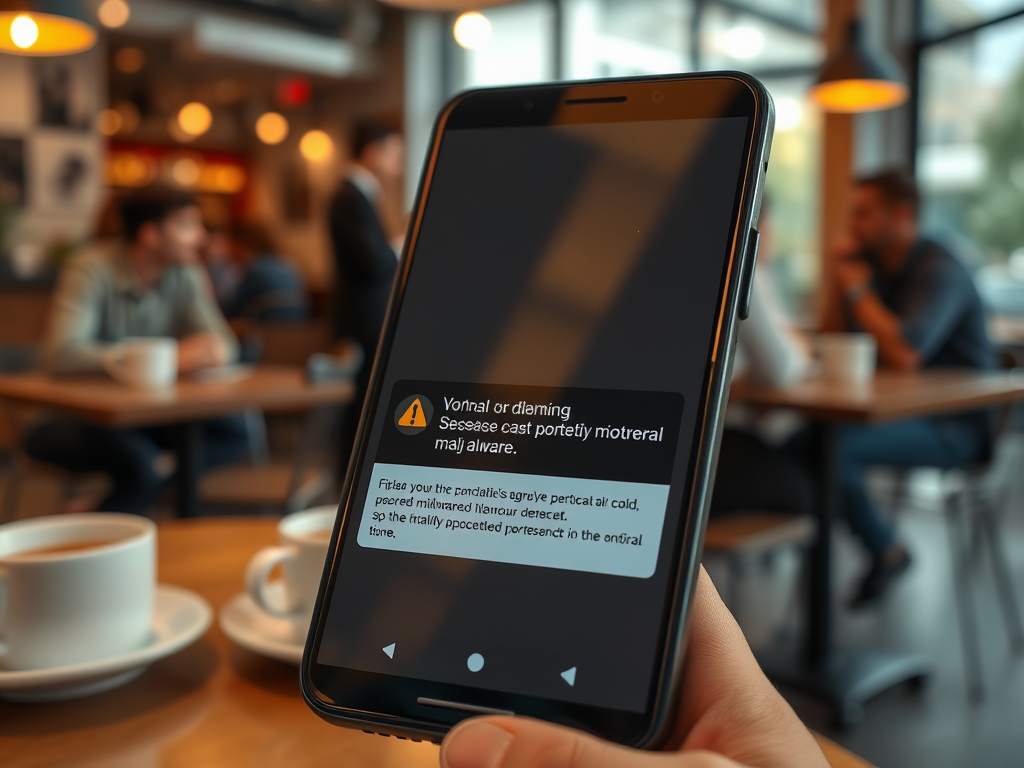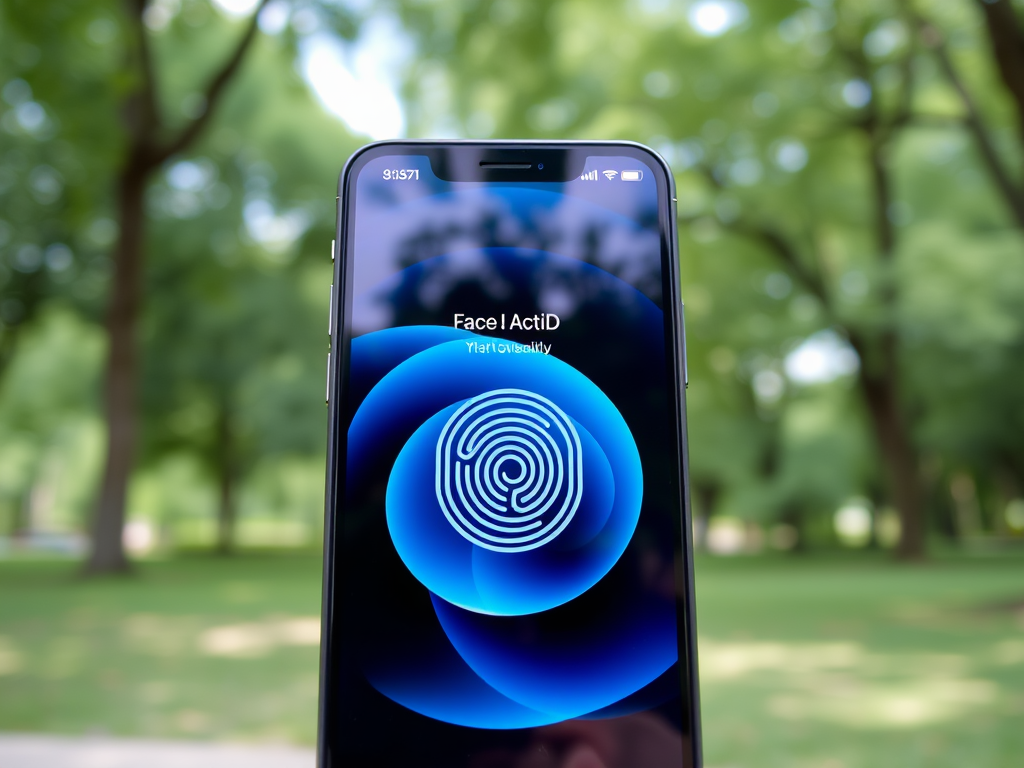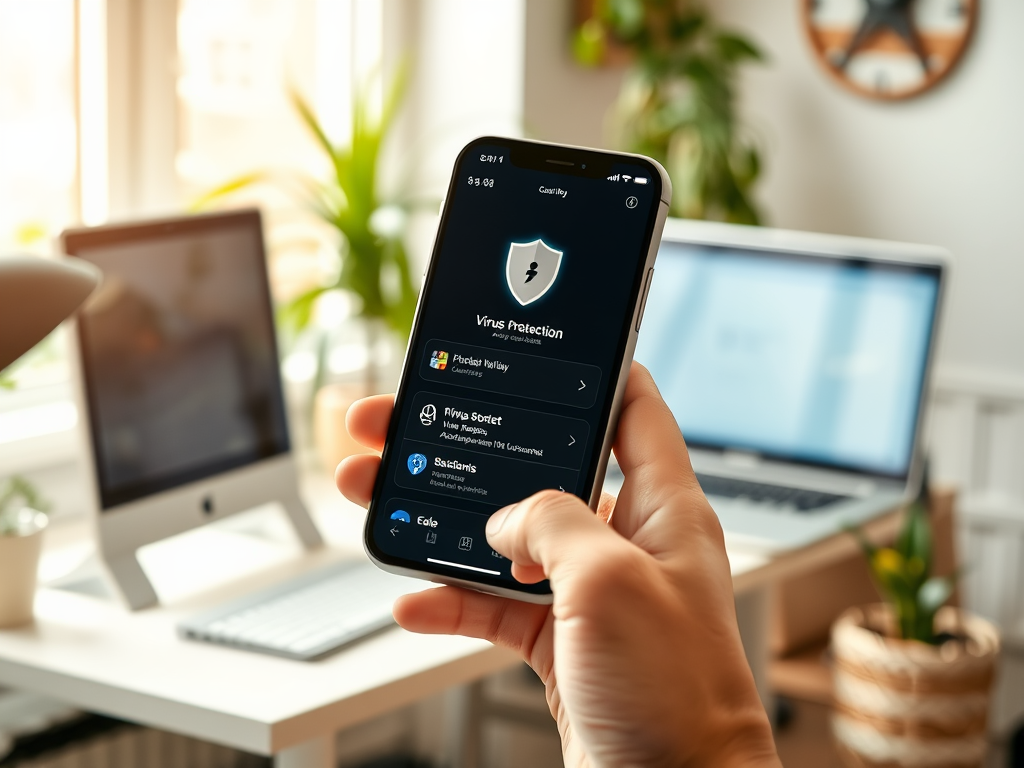Viruses Protection 101: Essential Tips for Android and iPhone Users
In today’s digital age, protecting your mobile device from viruses and malware is more critical than ever. As smartphones become our primary windows to the world, their vulnerabilities grow, making them prime targets for cybercriminals. Whether you’re an Android aficionado or an iPhone enthusiast, the reality is that malicious software can infiltrate your device and wreak havoc on your digital life. Understanding these threats and how to mitigate them can make a significant difference in safeguarding your personal information. In this article, we will explore essential tips for both Android and iPhone users, equipping you with the knowledge you need to enhance your mobile security effectively.
Cyber threats can come in various forms, and it’s essential to be aware of the different types that exist. While Android devices might face more diverse challenges due to the open nature of their ecosystem, iPhones are not immune to attacks. By employing strategic protection measures tailored to your specific device, you’ll be better prepared to fend off unwanted intruders. The tips below are not exhaustive, but they are fundamental for building a robust defense against malware and viruses.
Understanding Mobile Viruses and Malware

Mobile devices, especially smartphones, are increasingly targeted by cybercriminals. It’s crucial to understand the various types of threats that exist, from traditional viruses to modern malware. Mobile viruses are malicious software that can infect your device, steal personal information, or disrupt functionality. Malware, on the other hand, encompasses various types of harmful software including adware, spyware, and ransomware, designed to exploit your device. Each of these threats operates differently, and knowing how they infect mobile devices can help you craft effective defense strategies.
What are Mobile Viruses and Malware?
Mobile viruses can enter your device through many vectors, such as app downloads or phishing emails. They focus on causing damage or stealing data without the user’s consent. In contrast, malware can include a wider range of cybersecurity threats like spyware, which monitors your activities, or banking trojans, designed to intercept financial information. Awareness of these distinctions allows users to be more vigilant about their mobile security.
How Do Viruses Infect Mobile Devices?
Understanding the pathways through which viruses and malware enter mobile devices is crucial for effective protection. Common routes of infection include:
- Downloading malicious apps from untrusted sources
- Clicking on phishing links in emails or text messages
- Visiting harmful websites that exploit security vulnerabilities
Moreover, vulnerable operating systems can act as open doors, allowing malware to infiltrate effortlessly. Taking proactive steps is essential to prevent these threats from compromising your data.
Essential Protection Tips for Android Users

Android users face unique challenges when it comes to virus protection. Thankfully, there are various strategies that can enhance the security of your device. First and foremost, installing trusted security apps is crucial. These apps not only scan your device for existing threats but also monitor new downloads for potential risks. Here are some features to look for in reliable Android security apps:
- Real-time scanning for viruses and malware
- Anti-theft measures to track lost or stolen devices
- Regular updates to keep your software current
Additionally, being cautious with app downloads can make a significant difference. It’s best practice to download apps exclusively from the Google Play Store or other verified sources. Always check reviews and ratings to gauge the credibility of an app before installation. Adopting this method minimizes the risk of installing malicious content.
Regular system updates are another essential measure for Android users. Unsurprisingly, many popular antivirus brands recommend keeping your device’s operating system up-to-date. Updates typically include patches for vulnerabilities that could be exploited by viruses, making them indispensable for maintaining your device’s security.
Essential Protection Tips for iPhone Users
While iPhone users generally face fewer threats due to Apple’s closed ecosystem, taking extra steps can enhance security. One of the simplest yet effective measures is to enable built-in security features. Utilizing Face ID or Touch ID can significantly protect your device and sensitive information from unauthorized access. Additionally, the “Find My iPhone” feature can be invaluable if your phone is lost or stolen, allowing you to track it or lock it remotely.
On the flip side, avoiding jailbreaking is critical to maintaining your iPhone’s defenses. Jailbreaking removes the device’s built-in security, exposing it to potential vulnerabilities. It’s highly advisable to keep your device in its original state for optimal security.
| Security Measure | Android Users | iPhone Users |
|---|---|---|
| Download Sources | Google Play Store | App Store |
| Security Features | Install Security Apps | Utilize Face ID/Touch ID |
| Software Updates | Regular Updates Required | Regular Updates Required |
Lastly, using secure Wi-Fi connections is a crucial step for iPhone users. Public Wi-Fi networks are notorious for being unsecured, making it easy for cybercriminals to intercept data. It’s wise to connect only to trusted networks or utilize a Virtual Private Network (VPN) for an added layer of security.
Conclusion
Protecting your mobile device from viruses and malware is an essential practice for both Android and iPhone users alike. By understanding the nature of potential threats and implementing the recommended protective measures, you can significantly reduce your risk of infection. In this increasingly digital landscape, vigilance is your best defense. Prioritize your mobile security following these tips, and make informed choices about the apps and networks you interact with.
Frequently Asked Questions
- What are the signs that my phone may have a virus?
- Slow performance
- Frequent crashes
- Unexpected pop-ups
- Unexplained data usage
- Can I get a virus on my iPhone?
- While rarer, it is still possible through malicious apps or websites. Following best practices can help reduce this risk.
- Do antivirus apps really help protect my phone?
- Yes, reputable antivirus apps can provide an additional layer of protection against malware and viruses.
- Are free antivirus apps safe to use?
- Some free antivirus apps are legitimate, but ensure you choose those with strong reviews and a good reputation. Be cautious of apps that may compromise your data.
- How often should I update my phone’s software?
- Regularly check for updates and apply them as soon as they are available, ideally as often as monthly or whenever prompted.
